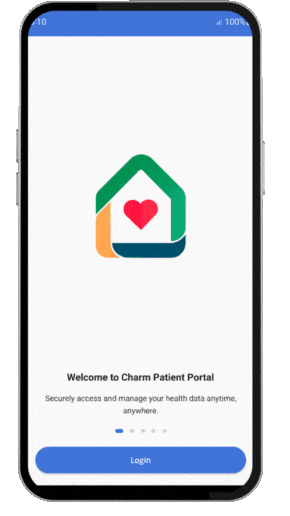
Receive comprehensive online assessments from licensed California psychiatrists. We accurately diagnose and plan your personalized treatment path forward.

Our providers monitor your medications carefully, ensuring effectiveness and minimizing side effects for optimal mental health.

Engage in effective, confidential psychotherapy sessions with a licensed therapist, addressing your specific emotional and life challenges.

Get expert care for conditions like depression, bipolar disorder, and ADHD. We create truly customized treatment plans

Maintain continuity of care through our secure virtual platform. Easily schedule follow-up appointments from anywhere in California.

We offer urgent support and stabilization for mental health crises, connecting you with timely, compassionate virtual care.
Ready to begin your online therapy journey? We’ll send intake forms to match you with the right therapist or psychologist. Prepare for your session with privacy, proper lighting, and a stable internet connection.
Before your online counseling session, we’ll send intake forms to help us match you with a therapist who can best support your mental health needs.
To ensure your first visit is successful, please prepare a private space. You’ll need proper lighting and a stable internet connection to connect with your provider.
After your first session, you can use our dedicated app to schedule future therapy appointments, securely message your provider, and access additional resources to support your mental health journey.


Medical Director and Founder, TelepsychHealth
General (Adult) and Addiction Psychiatrist

Board Certified Psychiatric Nurse Practitioner

California faces one of the most significant mental health provider shortages in the nation. According to data from SacBee, the state currently has a shortage of over 300 psychiatrists, with that gap projected to grow dramatically by 2028. Telepsychiatry, or online psychiatry, provides a practical and powerful solution to this shortage. It allows patients to receive care wherever they are located in California—whether in a bustling city or a rural community—with the same quality and privacy as in-person sessions.
Telepsychiatry is a form of telemedicine that allows psychiatrists and mental health professionals to diagnose, treat, and provide follow-up care through secure video conferencing platforms. Our California-based providers conduct psychiatric evaluations, medication management, therapy sessions, and follow-ups online—helping you receive expert care without needing to travel.
Benefits of Online Psychiatry Services in California
TelepsychHealth accepts a wide range of health insurance plans, including:
We understand that affordability is a key factor in accessing mental health care.
As long as you are physically located in California at the time of your online visit, we can help you. Our online psychiatric services are available in:
Whether you’re in a metro area or a small town, our team ensures you receive high-quality mental health care from trusted professionals.
At TelepsychHealth, we’re a doctor-owned and operated virtual psychiatry practice serving patients in California and beyond. Our team consists of licensed:
We understand the challenges patients face in getting psychiatric help. Our team takes the time to listen, educate, and create personalized treatment plans so you feel supported every step of the way. Whether you’re struggling with anxiety, depression, ADHD, PTSD, or another mental health condition, we can help.